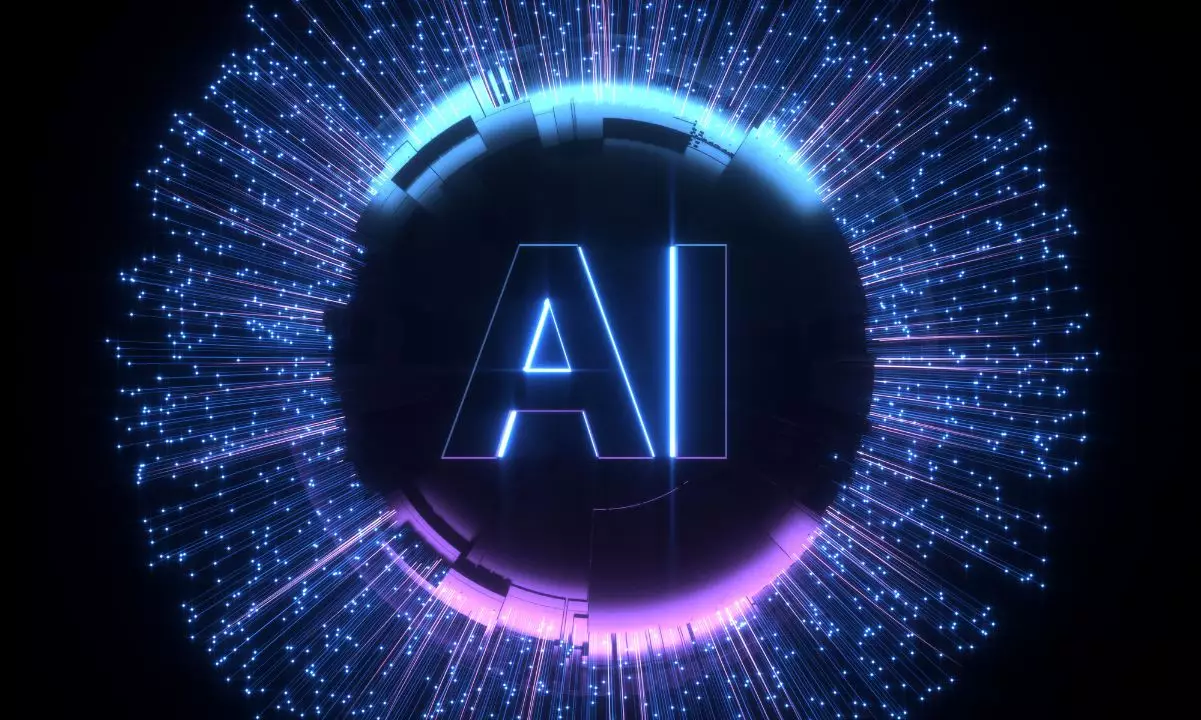The intersection of artificial intelligence (AI) and cryptocurrency is about to enter a new chapter of innovation. The anticipated establishment of a unified advisory office under the incoming Trump administration, known as the White House Crypto and AI Czar, signifies the growing acknowledgment of their potential synergies. David Sacks, formerly the COO of PayPal, who has deep connections in both the payment and crypto sectors, is set to lead this effort. This strategic move reflects a burgeoning recognition within governmental circles that AI technologies can play a crucial role in enhancing the efficiency of digital currencies and blockchain technologies.
At the crux of this integration is the advent of AI agents, described as decentralized, self-governing software programs with the capability to operate on blockchain networks. Such agents represent a radical shift in how digital assets are managed; they can autonomously execute transactions and manage wallets with precision. Entities like a crypto exchange based in the Virgin Islands indicate a strong belief in the utility of these AI agents, suggesting they could revolutionize various aspects of the financial ecosystem, providing efficiency and scalability that was previously unattainable.
Noteworthy collaborations are paving the way for more profound advances in this domain. A partnership between Stanford University and Eliza Labs, linked to the venture capital firm a16z, underscores the importance of academic-industry alliances at this juncture. These collaborations aim to explore how AI agents can optimize blockchain networks, thus underscoring the urgent need for research and development in this burgeoning field. Such initiatives hold the promise of unlocking more robust and efficient crypto markets, which could compel investors to pay renewed attention to various blockchain projects.
Nevertheless, the excitement surrounding these technological advances does not overshadow the inherent challenges that accompany them. Experts warn of the significant risks posed by the use of autonomous agents, such as the possibility of misuse and exploitation. Thus, the industry must prioritize building robust safeguards, ethical frameworks, and fail-safes to mitigate potential fallout. Without these protections, the positives of AI and crypto integration could be overshadowed by ethical violations or operational failures.
The sentiment within the cryptocurrency market reflects an increasing appetite for AI-related assets. As evidenced by CoinMarketCap, there are currently eleven AI-focused cryptocurrencies boasting market capitalizations in the billions. From well-established tokens like Bittensor (TAO) to the meteoric rise of meme coins like Goatseus Maximus (GOAT), the market’s excitement underscores a broader trend: the belief that AI can significantly enhance the digital asset landscape. This trend is further exemplified by the potential for automated, self-governing AI applications operating under smart contracts, which can inject additional capital and liquidity into blockchain ecosystems, subsequently bolstering long-term price support for altcoins.
The harmonious convergence of AI and cryptocurrency is set to redefine how we view digital assets, promising innovative solutions to longstanding challenges while simultaneously raising important ethical questions that must be addressed. As we venture into this future, it will be crucial to balance technological advancements with responsible oversight to ensure a sustainable and equitable digital finance ecosystem.

